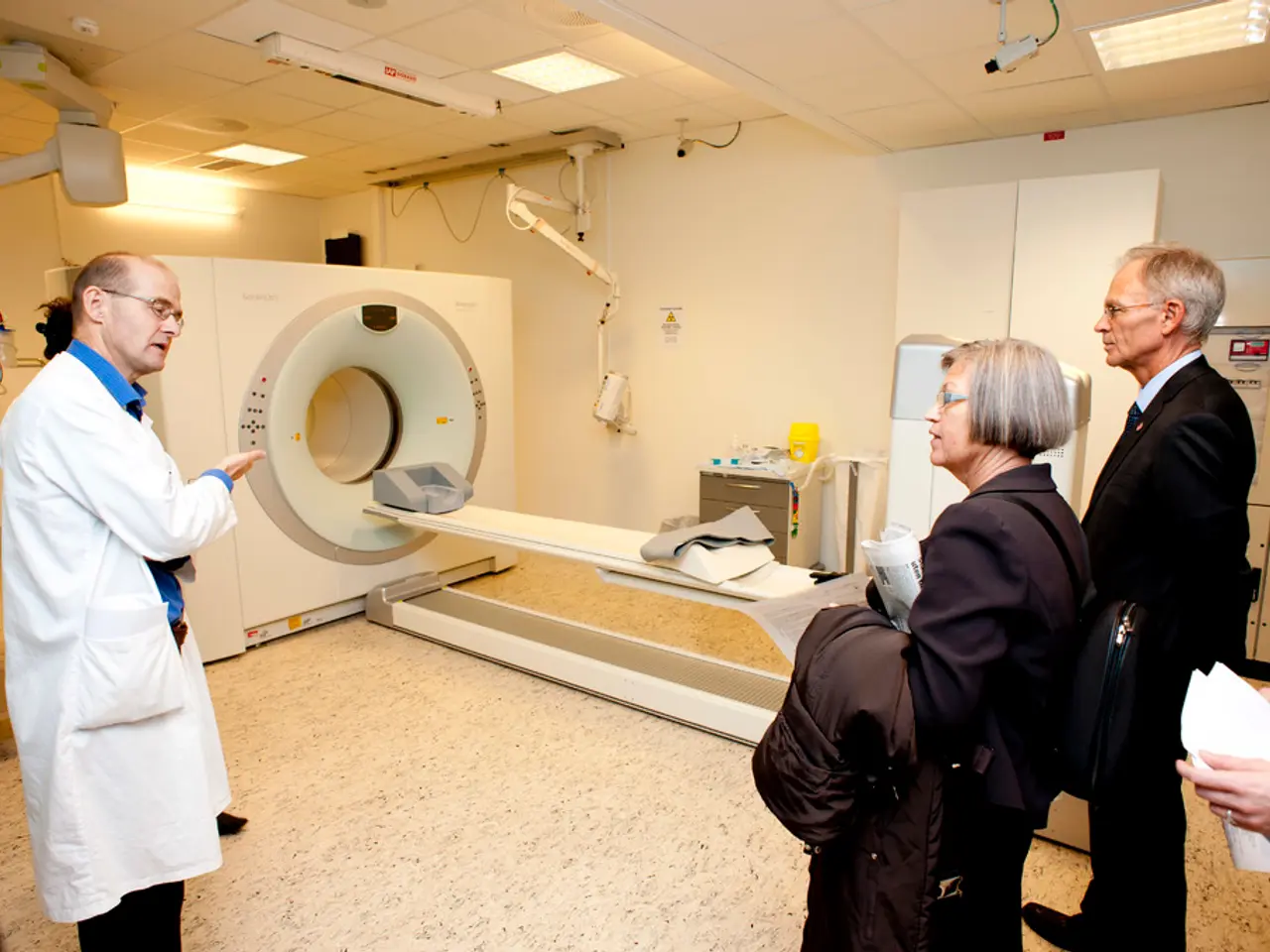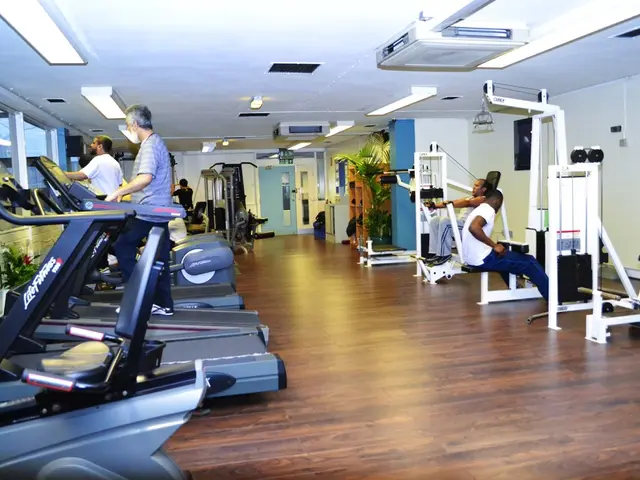Alleviating the burden on medical professionals
In response to the looming physician shortage in Germany, driven by retirements and changing work preferences among younger doctors, the German government and healthcare institutions are implementing a multi-faceted approach. This strategy encompasses healthcare system reforms, workforce diversification, enhanced training programs, and digitalization.
One of the key measures is the Hospital Care Improvement Act (KHVVG), launched in early 2025. This reform aims to transform hospital care sustainably rather than providing short-term fixes. It restructures hospital care, promotes specialization, and introduces hybrid Diagnosis Related Groups (DRGs) by 2027 to better finance cross-sectoral services. A €25 billion transformation fund supports digitalization, modernization, and specialization until 2035, indirectly supporting workforce efficiency and retention by improving workplace conditions and care delivery.
To offset the diminishing number of physicians, particularly laboratory doctors, professional societies like the German Society for Clinical Chemistry and Laboratory Medicine (DGKL) are developing postgraduate master’s programs. These programs aim to train non-medical laboratory scientists and obtain legal recognition for them, helping to widen the pool of qualified healthcare specialists and relieve physicians from some tasks.
Improving work-life balance and reducing workload through task delegation to non-physician specialists and digital tools forms part of the long-term strategy. The Hospital Future Act mandates hospital IT modernization by 2027, facilitating digital patient management and decision-support tools. AI systems and digital chatbots are forecasted to augment physician decision-making and reduce administrative burden, helping to retain young doctors by improving job satisfaction and efficiency.
Strategic networking and partnerships are encouraged to optimize resource use and care distribution, indirectly stabilizing medical staff availability in underserved regions.
At the heart of this transformation are Professor Thomas Fleischmann and Professor Henrik Herrmann, both of whom work at the SRH University. Fleischmann heads the Master's program nationwide, while Herrmann heads the Bachelor's program. Both programs offered by the SRH University are designed to equip students with the skills necessary to become skilled Physician Assistants.
The baby boomer generation in Germany is starting to retire, contributing to a projected worsening physician shortage. However, the following generations in Germany are neither willing nor obligated to work the traditional 60 to 70-hour workweeks in the medical field. This trend, coupled with the comprehensive measures outlined above, suggests a more stable and future-ready German healthcare workforce in the coming years.
[1] German Government (2025). Hospital Care Improvement Act (KHVVG). Retrieved from www.bundesgesundheitsministerium.de/khvvg [2] German Society for Clinical Chemistry and Laboratory Medicine (2025). Postgraduate Master’s Programs for Non-Medical Laboratory Scientists. Retrieved from www.dgkl.de/masterprograms [3] German Federal Ministry of Health (2025). Hospital Future Act. Retrieved from www.bundesgesundheitsministerium.de/hospitalzukunftsgesetz [4] World Health Organization (2025). Digital Health and Artificial Intelligence in Health Systems. Retrieved from www.who.int/digital_health/en [5] European Health Telematics Association (2025). Networking and Regional Cooperation in Healthcare. Retrieved from www.ehit.org/networking-and-regional-cooperation








